
House Energy & Commerce Committee
Democrats serving on the House Energy & Commerce Committee today blasted the nation’s largest internet service providers for price increases and data caps placed on consumer broadband services at the height of a global pandemic, questioning the industry’s commitment to keeping Americans connected.
“Over the last ten months, internet service became even more essential as many Americans were forced to transition to remote work and online school. Broadband networks seem to have largely withstood these massive shifts in usage,” wrote Democratic Reps. Frank Pallone, Jr (N.J.), Mike Doyle (Penn.) and Jerry McNerney (Calif.). “Unfortunately, what cannot be overlooked or underestimated is the extent to which families without home internet service — particularly those with school-aged children at home — have been left out and left behind.”

Pallone
The congressmen questioned nine providers after reading media coverage of rate hikes and the implementation of data caps by Comcast and the potential for Charter Spectrum to impose data caps as early as May 2021.
“This is an egregious action at a time when households and small businesses across the country need high-speed, reliable broadband more than ever but are struggling to make ends meet,” the three Democrats wrote.
In March 2020, many cable and phone companies relaxed a number of restrictions on customers in response to the emerging COVID-19 pandemic. Many volunteered to suspend data cap overlimit fees, provide affordable broadband options to the economically disadvantaged, offer free months of service, open restricted Wi-Fi hotspots, and discontinue collection efforts or service disconnects on customers falling behind on bills.
Despite the pledge, consumers filed a significant number of complaints with the Federal Communications Commission alleging the companies broke their promises, by far most often for not following through on free service offers or continuing aggressive collections of past due bills and shutting off service.
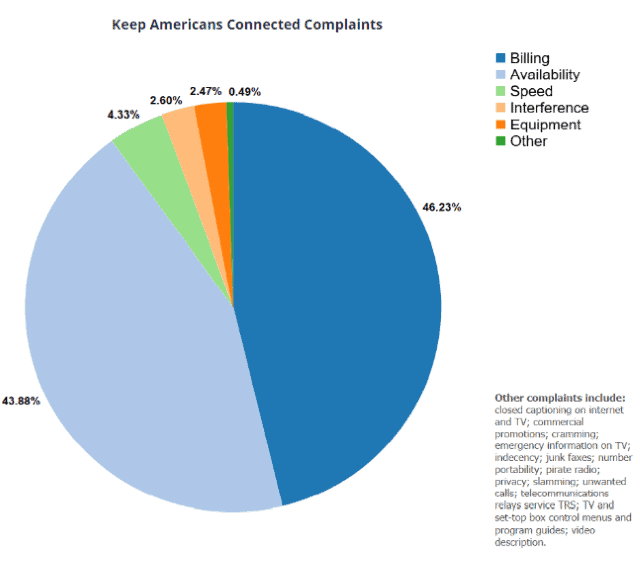
Consumer complaints filed with the FCC regarding the “Keep America Connected” pledge, received from March-November 2020. (Source: FCC)
The Energy and Commerce Committee has now sent letters to the CEOs of many providers, seeking answers to these questions as part of ongoing oversight of the industry:
- Did the company participate in the FCC’s “Keep Americans Connected” pledge?
- Has the company increased prices for fixed or mobile consumer internet and fixed or phone service since the start of the pandemic, or do they plan to raise prices on such plans within the next six months?
- Prior to March 2020, did any of the company’s service plans impose a maximum data consumption threshold on its subscribers?
- Since March 2020, has the company modified or imposed any new maximum data consumption thresholds on service plans, or do they plan to do so within the next six months?
- Did the company stop disconnecting customers’ internet or telephone service due to their inability to pay during the pandemic?
- Does the company offer a plan designed for low-income households, or a plan established in March or later to help students and families with connectivity during the pandemic?
- Beyond service offerings for low-income customers, what steps is the company currently taking to assist individuals and families facing financial hardship due to circumstances related to COVID-19?
The full letters are available below:
Altice USA
AT&T
CenturyLink/Lumen
Charter Communications
Comcast Cable Communications
Cox Communications
Frontier Communications
T-Mobile US
Verizon Communications
 Spectrum internet customers can be assured of an additional two years of unlimited internet service after Charter Communications dropped its petition Tuesday with the FCC to allow the cable company to introduce data caps.
Spectrum internet customers can be assured of an additional two years of unlimited internet service after Charter Communications dropped its petition Tuesday with the FCC to allow the cable company to introduce data caps.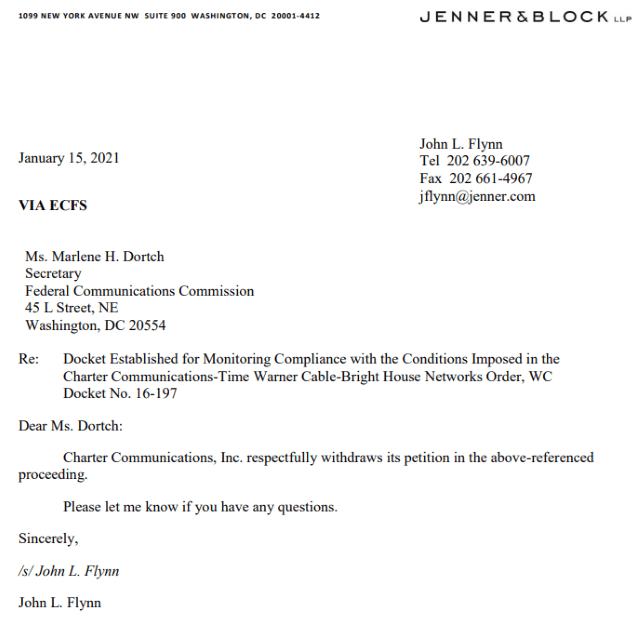


 Subscribe
Subscribe


 Spectrum is offering certain new customers a discount on the usually high installation fee for its gigabit service tier.
Spectrum is offering certain new customers a discount on the usually high installation fee for its gigabit service tier.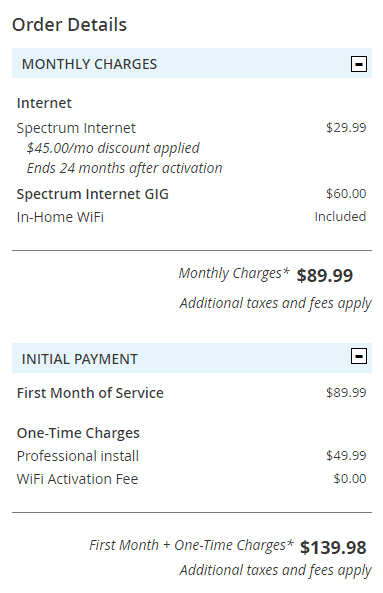
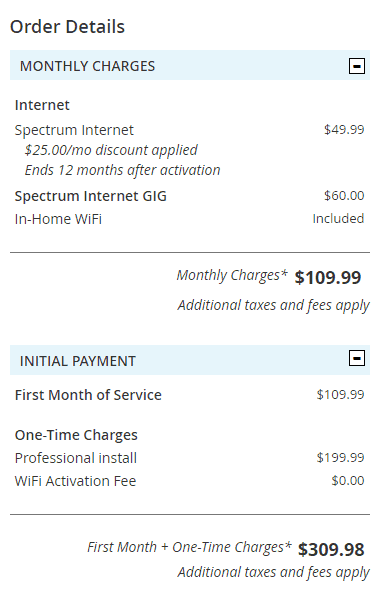
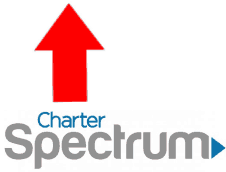 Spectrum customers still stuck with 100/10 Mbps Standard Internet speed may want to reboot their modems and check if they have gotten a free speed increase this week.
Spectrum customers still stuck with 100/10 Mbps Standard Internet speed may want to reboot their modems and check if they have gotten a free speed increase this week.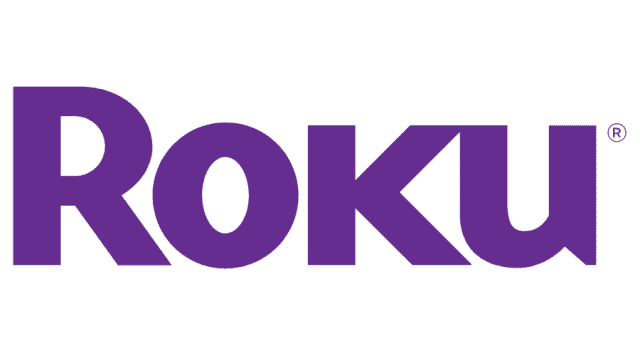 The next generation of retransmission consent wars is here, as programmers and cable operators do battle with set-top box companies that increasingly seek compensation to allow content on their hardware platforms.
The next generation of retransmission consent wars is here, as programmers and cable operators do battle with set-top box companies that increasingly seek compensation to allow content on their hardware platforms.